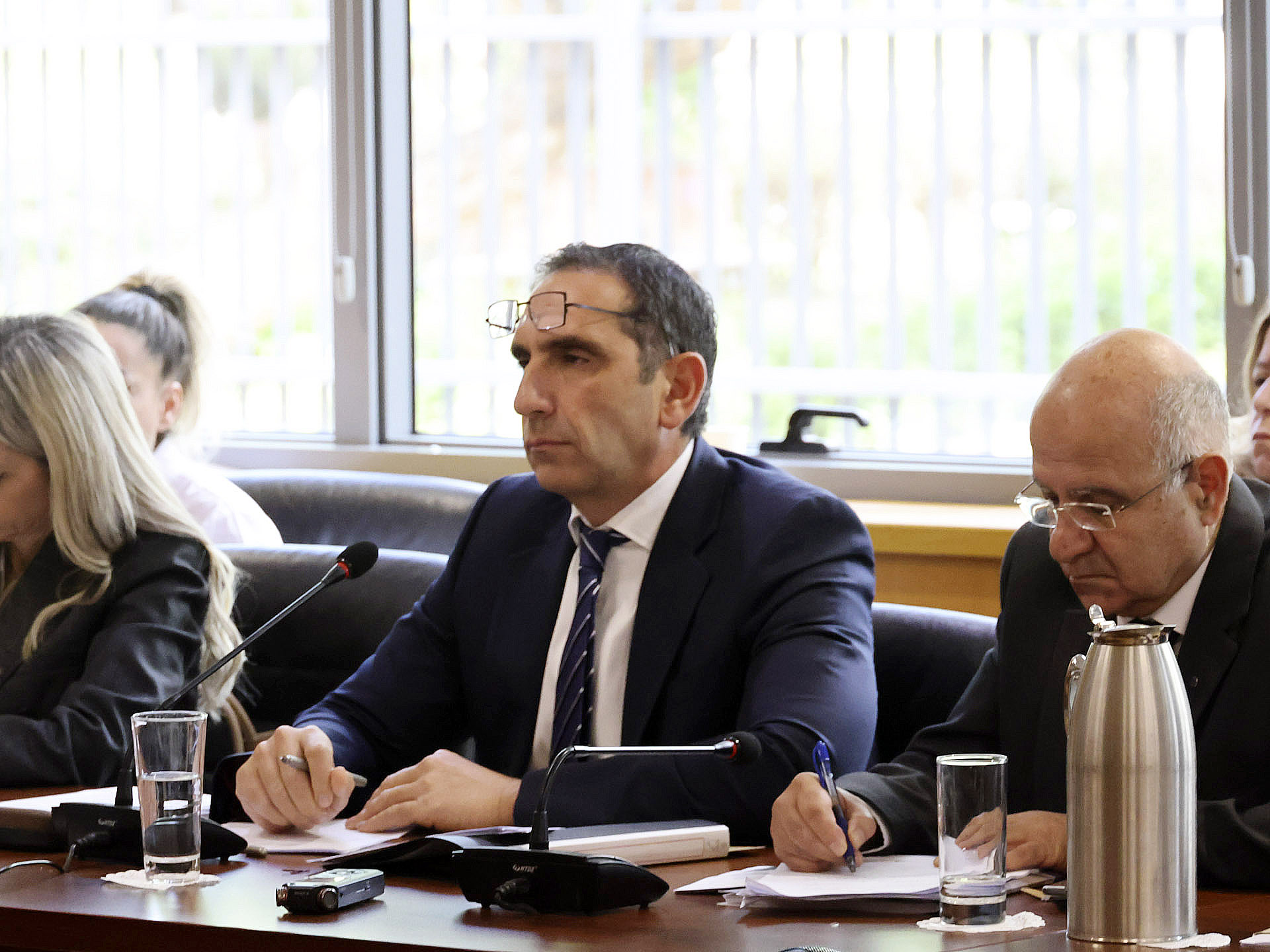The ongoing saga of deputy mayors – part of the local government reform voted through in last June’s elections – has been farcical from beginning to end, and shows no signs of abating.
The idea of having permanent deputy mayors is already a little bit farcical. Each mayor (20 in total, plus nine in the occupied areas) already works with scores of municipal councillors – between 16 and 30, though that number includes deputy mayors – as well as assistants and other staff. It’s unclear why a deputy is needed on top of all that, not to mention that most municipalities have more than one deputy. Polis, for instance, has 14!
What’s even more farcical is that – as commentators have noted for months now – deputy mayors don’t have any clearly defined role.
The law gives them potential responsibilities (to sign official documents, for instance), but only at the discretion of the mayor. If the mayor doesn’t assign any duties, the deputy could sit around doing nothing at all.
In fact, around 60 of the current deputy mayors were mayors and community leaders in the previous system. Given the way party politics works, it seems obvious they got the job as a consolation prize after losing their former position.
This is no small matter. The elections produced 93 deputy mayors – a farcical number in itself – whose salary is pegged at between 20 and 50 per cent of the mayor’s salary, depending on the size of the municipality.
Deputy mayors can make over €3,000 a month, at a time when the median salary in Cyprus is around €1,800 – meaning that half the working population don’t even earn that much. The whole boondoggle is costing the taxpayer €2.3 million per year.
That was Act One of the farce. Act Two got underway this week when Interior Minister Constantinos Ioannou, presenting his ministry’s budget to the House finance committee, said there were too many deputy mayors and the number should ideally be reduced from 93 to 20, i.e. one per municipality.
To be fair, Ioannou had always been among those pointing out the flaws in the system. Still, the sight of the government scrambling to close the stable door six months after the horse has bolted was rather farcical.
Even more absurd were the various qualifications that Ioannou immediately appended to his statement – saying, for instance, that the matter must be decided in cooperation with the parties, that proposals will be submitted “in the near future” and that, in any case, changes won’t be retroactive and would only apply once the deputy mayors had served out their term.
All this caution and circumspection in the face of an obvious debacle doesn’t exactly bode well. For a start, the parties were the main culprits in imposing the deputy mayors, and are unlikely to disappoint their followers by reducing the number of sinecures.
The assurance that change won’t be retroactive is apparently uncontroversial in Cyprus law – but it needs to be contested in court, because it’s also quite farcical when you think about it.
If a post is deemed to be superfluous, why should the holder of that post continue to hold it, and be paid for it? In the real world, if a department is cut due to restructuring, employees are made redundant right away, not when their contracts expire.
The rationale is presumably some virtuous argument about the sanctity of the vote, and government not being able to undo what the voters have chosen. But voters were essentially working on a mistaken assumption – the assumption that 93 deputy mayors were needed, when it turns out they’re not. In any case, they’d probably prefer for their vote to be undone than to continue paying €2.3 million a year.
Ioannou’s statement to the House drew an immediate response from Andreas Vyras, the mayor of Larnaca and president of the Union of Cyprus Municipalities.
He criticised the minister for being “hasty”, said there had been no consultation and that he, in any case, disagreed with Ioannou on the matter.
It’s hard to decide what’s more farcical here: the notion that a minister has to consult with the union before making a statement, or what the point of such a ‘consultation’ would be when Vyras, in the same breath, declares that he flat-out disagrees.
What happens next is uncertain – but a likely scenario is that deputy mayors will continue drawing their salaries for a few years then, when the next election rolls around, some cosmetic changes will be made.
It’s tempting to roll out the ‘This is Cyprus’ cliché when faced with this saga, but not really fair. Inefficiency and cronyism – in a word, incompetence – exist everywhere. The difference is that bigger countries are perhaps not so blatant about it.







Click here to change your cookie preferences